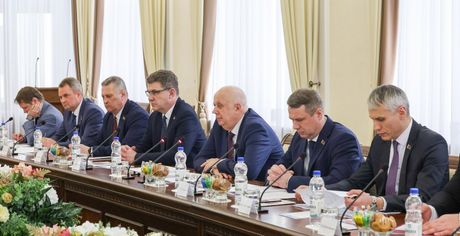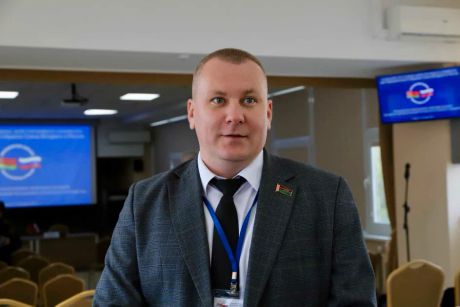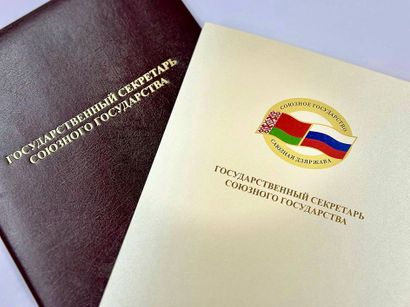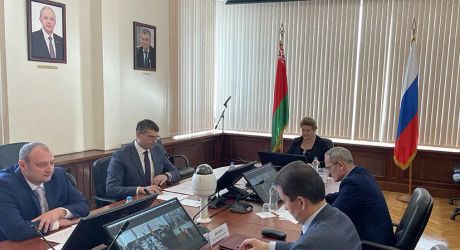Provisional Date for Unveiling Rzhev Memorial to Soviet Soldier Announced
20:50, 10 May
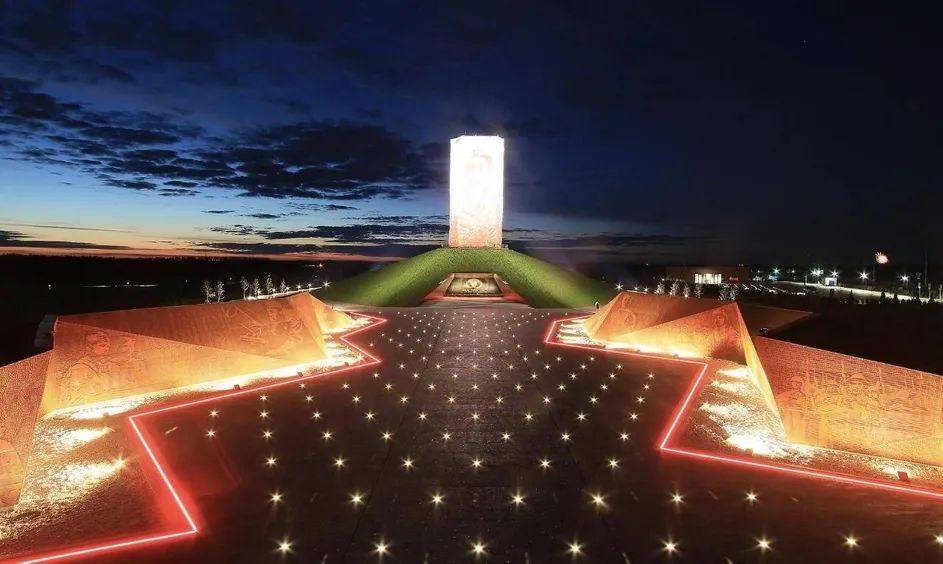
According to RMHS Executive Director Alexander Barkov, “the completion status of the monument, including beautification and creation of the museum pavilion display, was achieved as recently as in late April. However, taking into account the epidemiological situation, the opening ceremony has been postponed for some time”.
- Share on Facebook
- Share on VK
- Share on Twitter
“Now we are considering the proposal of the veterans to open the Memorial on June 22nd, the anniversary of the date the Great Patriotic War started,” said Alexander Barkov.
“The Battles of Rzhev have world-wide historical significance. The German command called Rzhev a “springboard to Moscow”. Deterring the enemy for 14 months, the Red Army not only ruined the enemy’s plan to attack the capital, but also diverted significant enemy forces from Stalingrad, which influenced the course of combat on the southern flank,” said Alexander Barkov.
According to the estimates of the historians from the Military History Institute of the General Staff Academy of the Russian Defense Ministry and the Russian Military History Society, the losses of Soviet troops in the battles for the Rzhev-Vyazemsk brow amounted to 1,160,000 people, of which 392,000 were irretrievable combat losses. Each year, search teams unearth and identify the remains of several hundred of our soldiers. At one of the meetings with search teams, the veterans of the Battles of Rzhev proposed to immortalize the last non-memorialized battle of the Great Patriotic War by casting a monument in bronze.
For comparison: in the Battles of Stalingrad, the total losses amounted to 1,129,619 people, of which 478,741 people were lost irretrievably (dead, died from wounds and missing). In the Battles of Kursk, total losses made 863,000, of which 254,000 were irretrievable. During the Berlin offensive, total losses amounted to 352,475, of which more than 78,000 people were lost irretrievably.
The battles for the Rzhev-Vyazemsk brow in 1942-1943 became the pledge of the later victories of our troops at Stalingrad, in the Caucasus, near Kursk as well as of the subsequent large-scale counterattack of the Red Army, a radical change in the war.
The RMHS Executive Director also said that the fields near Rzhev, where thousands of Soviet soldiers heroically fell, are a historically justified place for erecting the monument important not only for Russia and the CIS countries, but also for the countries of Eastern Europe. The soldiers brought the Victory closer at the cost of their lives. Here heroism and sacrifice became a force capable of breaking the Reich war machine.
“We can name several large monuments abroad. The Monument to the Soldier-Liberator in Treptower Park in Germany, Monument to the Soviet soldier-liberator Alyosha in Bulgaria, but their scale is much smaller. In modern Russia, until now, there was not such a large-scale central monument to the Soviet soldier-winner. The Rzhev soldier is unique in its way. A bronze sculpture, being 25 meters high and weighing about 80 tons, visually hovers above the ground. This effect is achieved thanks to the fact that the bronze sculpture is supported by a 30-ton high-strength steel frame, which is almost invisible against the sky”.
Of particular importance is the fact that the monument was erected without the use of federal budget funds. Two-thirds of the funds were the donations made by citizens and organizations: they were raised by the Russian Military History Society. Many people filled in the names of their warring fathers and grandfathers as donators.
The rest of the funds were allocated by the Union State Standing Committee. A beautiful park at the foot of the monument was created thanks to the government of Tver Oblast. The memorial is to become a branch of the Victory Museum.
“We hope that the complex will become a place where generations meet to cherish the memory of the great feat of those heroes who died on the Rzhev-Vyazemsk brow, and all those who gave their lives on the battle fields of World War II,” concluded Alexander Barkov.



